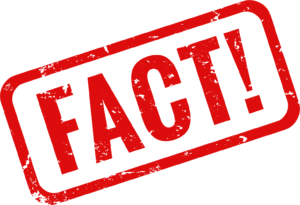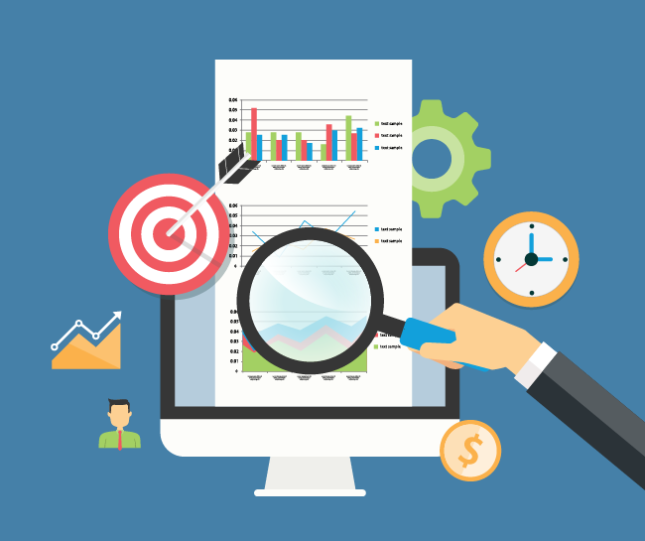10 Things You Should Know About People Analytics
People analytics is all the rage, but like any new field, there are landmines. Here are ten things every HR leader should know about people analytics.

- People analytics is fundamentally about transforming HR professionals into credible activists.The tools and techniques don’t mean much outside of the context of HR professionals shifting to become credible activists (Dave Ulrich’s term). These credible professionals make decisions based on the best available evidence.

- If you’re not seen as analytics savvy, it will hurt your career.
As HR transforms to become more ‘data-centric’, those who are seen as “old-school / not analytics savvy” may have a mark against them. The fact that SHRM lists data scientists as #1 in the top 10 list of hard to fill jobs hints at just how hungry companies are to become analytics savvy. Furthermore, Deloitte reports that 77 percent of executives now rate people analytics as a key priority.

- Advanced analytics can be important, but big successes are still rare. A few large organizations are doing some important things using advanced analytical tools; a survey by Deloitte showed that 8% of firms felt they were excellent at people analytics. However, no need to worry if you are not in the 8%, the average company won’t need to do the advanced stuff; they need to master mid-level analytics.

- HR tech vendors will play an increasingly important role.
HR technology vendors have many hundreds, even thousands, of clients on SaaS systems. For example, Kronos already has 22,000 clients on their cloud and that number is going up every year. Vendors have the scale to do really advanced analytics, in the future, they’ll package these analytics as tools and you’ll use them without needing to understand what’s under the hood.
Colorful charts and spreadsheet
- You can go a long way with basic data, estimates, and Excel.
Most of the successes in people analytics come from the use of everyday tools like Excel—and sometimes all you need is the back of an envelope.
colorfull candy border – vertical
- Often you need to seek out evidence; the relevant data won’t be in your HRIS.
There a terrible misconception that people analytics is all about looking for answers in HRIS data; most of the evidence you need isn’t there. When Google wanted to see if rearranging the food in the cafeteria would lead to healthier habits they couldn’t mine the data in the HRIS to find answers. They needed to do an gather data by hiding the M&Ms and tracking how many were eaten. The data showed employees consumed 3.1 million fewer calories from M&Ms over seven weeks.

- Be cautious of experts.
The field is too new for there to be many real experts and vendors are so excited by the size of the potential sale that they may overstate what they can deliver.

- Your leaders need to be led.
Business leaders are generally pretty confident with numbers, but that doesn’t necessarily make them good guides for how to do people analytics. They will often send you scurrying down unproductive paths. An HR data analyst at a large Canadian organization estimated that 75% of the data requests produced results of little value. Don’t assume leaders are asking the right questions, you need to guide them.

- Dashboards and reports can suck up all your time with few results. People like the idea of dashboards. They are tangible. They sometimes are really useful. However, they can suck up so much time that they derail the real value-added analytics work.

- It’s better to talk in terms of evidence-based decisions than analytics.
Remember, analytics is just a tool. It’s really all about HR making decisions based on the best available evidence. In the long-run, you’ll be better off talking about evidence-based HR than people analytics.
People analytics is a great thing for HR if they get it right. There’s a lot to learn, so get started, do some small projects, and scale up as you get more and more comfortable with the power of analytics.
David Creelman is CEO of Creelman Research and a Fellow of the Centre for Evidence-based Management. He helps organizations get quick wins in analytics as the foundation for sustained success. He can be reached at dcreelman@creelmanresearch.com and found on LinkedIn.




Leave a Reply
Want to join the discussion?Feel free to contribute!